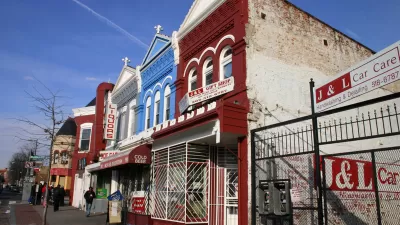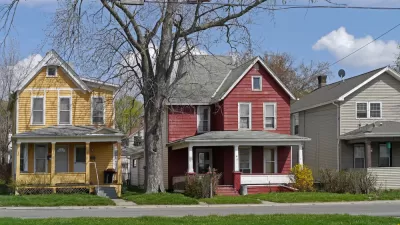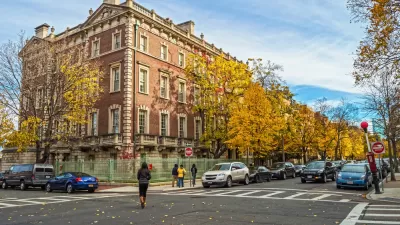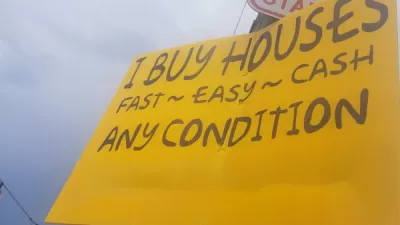Given the unprecedented nature of the gentrification occurring in American cities, many cities have had to respond swiftly to the pressures of changing neighborhoods. A new article surveys cities using property tax relief to support urban homeowners.

(*UPDATED 3/6/14) Timothy Williams writes of the actions of some cities to support the longtime homeowners in gentrifying neighborhoods who have seen their property values spike as a result of the recent trend of gentrification and urbanization around the country.
Many of the efforts have “centered on reducing or freezing property taxes for such homeowners in an effort to promote neighborhood stability, preserve character and provide a dividend of sorts to those who have stayed through years of high crime, population loss and declining property values,” writes Williams.
“In doing so, cities are turning urban redevelopment policy on its head and shunning millions in property tax revenue that could be used to restore municipal services that were trimmed during the recession because of budget cuts, including rehiring police officers.”
Williams cites the example of *Philadelphia, which recently passed two pieces of legislation meant to support longtime homeowners in its urban areas: “The first, the Homestead Exemption, allows most homeowners to reduce the assessed value of their house by $30,000 for tax purposes, while a second law, called Gentrification Protection or LOOP, short for Longtime Owner Occupants Program, is more narrowly focused on protecting homeowners from increases to their property tax bills because of gentrification.”
FULL STORY: Cities Mobilize to Help Those Threatened by Gentrification

Maui's Vacation Rental Debate Turns Ugly
Verbal attacks, misinformation campaigns and fistfights plague a high-stakes debate to convert thousands of vacation rentals into long-term housing.

Planetizen Federal Action Tracker
A weekly monitor of how Trump’s orders and actions are impacting planners and planning in America.

In Urban Planning, AI Prompting Could be the New Design Thinking
Creativity has long been key to great urban design. What if we see AI as our new creative partner?

Cal Fire Chatbot Fails to Answer Basic Questions
An AI chatbot designed to provide information about wildfires can’t answer questions about evacuation orders, among other problems.

What Happens if Trump Kills Section 8?
The Trump admin aims to slash federal rental aid by nearly half and shift distribution to states. Experts warn this could spike homelessness and destabilize communities nationwide.

Sean Duffy Targets Rainbow Crosswalks in Road Safety Efforts
Despite evidence that colorful crosswalks actually improve intersection safety — and the lack of almost any crosswalks at all on the nation’s most dangerous arterial roads — U.S. Transportation Secretary Duffy is calling on states to remove them.
Urban Design for Planners 1: Software Tools
This six-course series explores essential urban design concepts using open source software and equips planners with the tools they need to participate fully in the urban design process.
Planning for Universal Design
Learn the tools for implementing Universal Design in planning regulations.
Appalachian Highlands Housing Partners
Gallatin County Department of Planning & Community Development
Heyer Gruel & Associates PA
Mpact (founded as Rail~Volution)
City of Camden Redevelopment Agency
City of Astoria
City of Portland
City of Laramie





























